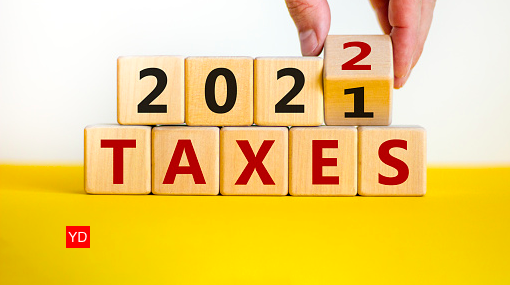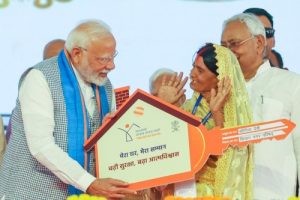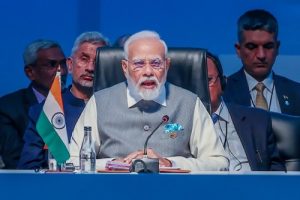Another overview has uncovered that almost two-third or 65% of the respondents were despondent with regards to the current tax structure in the country. YouGov’s most recent study shows feelings of the general population around annual assessment and uncovers their assumptions from the forthcoming spending plan.
In front of the Financial plan 2022 which will be introduced by the Finance Minister Nirmala Sitharaman on February 1 information from the study uncovers that 3/4 (74%) of metropolitan Indians concur that personal assessment is significant for the country’s monetary turn of events.
At the point when gotten some information about their assumptions from the forthcoming spending plan, right around two of every five (38 percent) metropolitan Indians said they anticipate that the public authority should raise annual expense exception cutoff to Rs 5 lakhs from the current one. This was simply the main assumption for individuals who distinguished themselves as poor or working class.
Around three out of 10 (31 percent) feel that the general expense exclusion breaking point ought to be expanded from the current Rs 1.5 lakhs, while a bigger number (32%) needs the public authority to facilitate the taxation rate on the salaried class by expanding the restriction of standard derivation from the current Rs 50,000. Those matured 40 or more are probably going to have these assumptions when contrasted with the more youthful age gatherings.
Read Also, Union Budget expected to focus on increase in limits for basic tax exemption, standard deduction
Keeping the Coronavirus pandemic and rising clinical costs as a main priority, in excess of a third (35 percent) expect the Coronavirus therapy related costs to be made a different thing under charge derivations, while around (30%) expect the Money Clergyman to build allowances for clinical costs under 80D.
Expanded duty derivation on lodging credit interest is likewise an assumption for the salaried class in India. Strangely, recent college grads (32%) are probably going to expect this charge motivation when contrasted with Gen X (28%) and Gen Z (19%).
80% of oneself distinguished helpless respondents think an assessment pace of 5% is fair for them to pay, while 25% of the lay settle on an expense pace of 10% as fair for them to pay.
Paying annual assessment is a lawful commitment for residents of the nation yet there are a few callings (like ranchers) that are right now excluded from making good on personal expense. At the point when gotten some information about various callings that should go under the ambit of tax assessment, around six out of 10 (60per cent%) metropolitan Indians feel ranchers ought not cover any charges, while 35% feel they should be burdened like any remaining residents.
While, for finance managers, that is believed be the more extravagant class in India, the greater part (51%) of the respondents are of the assessment that they ought to be paying a higher personal expense than different residents. Similarly, a lesser extent feels that they should be paying same assessment as all residents (37%) or ought to be paying no expenses by any means (12%).
Read Also, Budget FY23: Increase in trade infra spending to boost exports
YouGov Omnibus information gathered online among around 1022 respondents in India between January 18-21 utilizing YouGov’s board of north of 15 million individuals around the world Information shows that with regards to half of the metropolitan Indians follow the association spending plan consistently (47%) and near three out of 10 (27%) follow it some of the time.
Moreover, 66% (67%) guarantee the Financial plan to affect their individual budgets. Respondents who self-distinguished as working class or upper working class are probably going to both follow the Spending plan and accept it affects their own pay. Individuals who self-distinguished as poor or potentially rich, tend not to follow the financial plan and accept it affects their own salaries.

























Add Comment